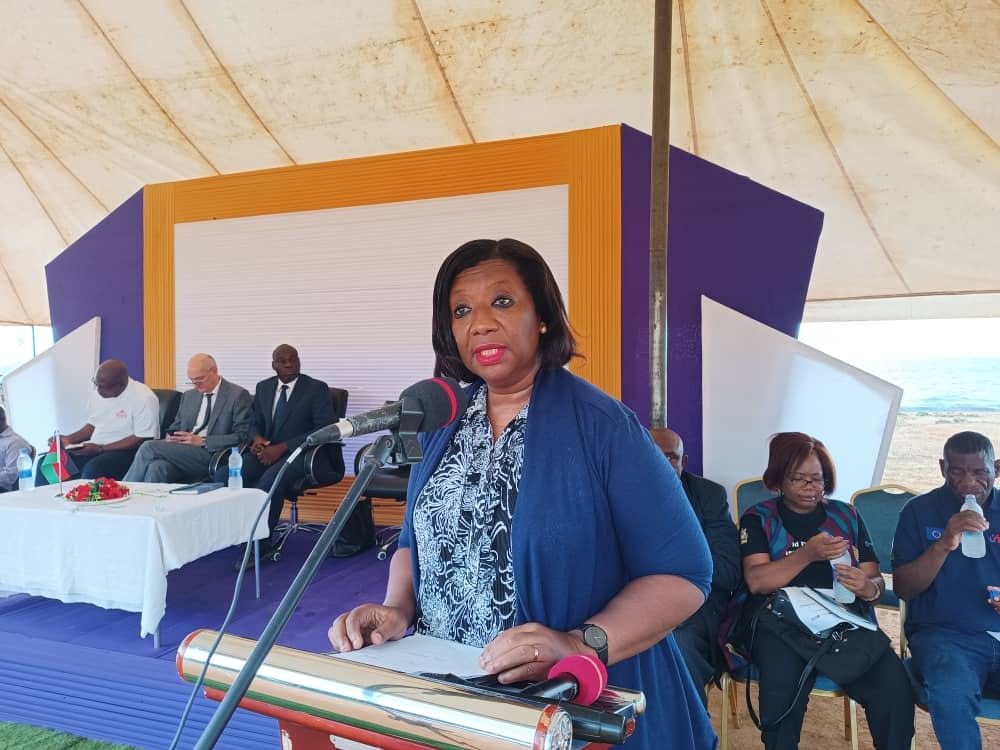TEVET Marine CoVEs to Boost Skills in Maritime Transport
The CoVE in Marine Transport is one of four being established across the country under the Zantchito Skills for Jobs Technical Assistance program funded by the European Union (EU).
SALIMA, Malawi -- The government of Malawi has launched a Centre of Vocational Excellence (CoVE) in Marine Transport at Salima Technical College, aimed at bridging the skills gap and equipping the youth with expertise needed to thrive in the maritime industry, writes Winston Mwale.
Speaking at the launch event Tuesday, Richard Chirwa, director of Technical, Entrepreneurial and Vocational Training (TEVET) in the Ministry of Labour, said investing in marine transport and skills development is crucial for facilitating international trade and creating wealth for Malawi's economy.
"By investing in marine transport and skills development, Malawi is taking proactive steps towards facilitating international trade and creating wealth for the economy as the transport sector in Malawi is crucial in shaping the country's economic development," Chirwa said.
The CoVE in Marine Transport is one of four being established across the country under the Zantchito Skills for Jobs Technical Assistance program funded by the European Union (EU).
Ivo Hoefkens, head of cooperation at the EU Delegation in Malawi, said the CoVEs will receive extensive support from the Zantchito project and provide courses tailored to the needs of various sectors.
"The CoVEs will receive extensive support from the Zantchito project, provide courses that are tailored to the needs of the sector. They are an opportunity to trigger the multiplier effect in the sectors of tourism, transport, fishing industries and the potential to grow the marine transport industry," Hoefkens said.
Lloyd Banda, director of Marine Services in the Ministry of Transport, said the Marine Transport CoVE will help create a sustainable water transport infrastructure and services by offering maritime courses to improve the safety of boats for transportation of passengers, fishing, and tourism.
Vera Ng'oma, country director of the British Council, which is implementing the CoVEs, emphasized the importance of increasing women and girls' participation in TEVET and involving the private sector.
"TEVET is not about education for its own sake but for skills and jobs. We need the full involvement of the private sector without whom any impact from this project would be short-changed. Similarly, without full participation of women and girls, the outcomes will be short-lived and not sustainable. We trust Salima Technical College will pursue these vigorously," Ng'oma stressed.
The other CoVEs being established are in Renewable Energy at Mzuzu Technical College, Agricultural Mechanisation at Lilongwe Technical College, and Tourism at the Malawi Institute of Tourism.





